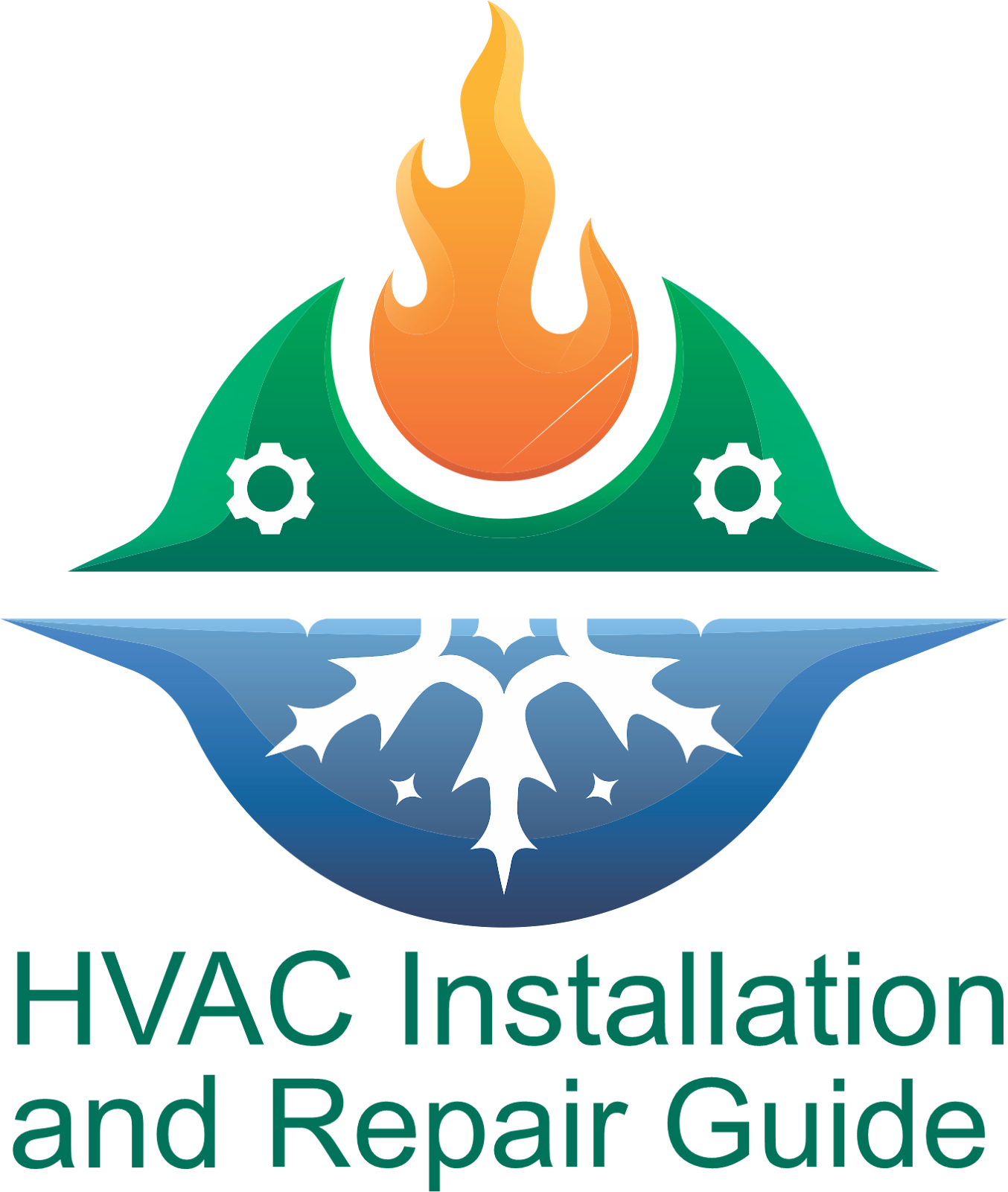What should the cost of installing a good pump be?
Your biggest concern will likely be, "How much is it going to cost to install a good pump" if you have a well and are considering installing or repairing a good pump.
Well, pumps typically cost more than $3,000 each. Because of a few key factors that have a big impact on the total cost of your installation, such as:
- You wish to install a particular type of pump.
- How deep your well is.
- Your chosen business or contractor
To better understand how much a good pump installation will cost, we'll examine each of these problems in greater detail in the following blog post. As we've already said, we can give you a general idea of how much your installation will cost based on the factors, but the only way to get a precise quote is to talk to a licensed plumber.
1. You wish to Install a Particular Type of Pump
The type of pump you install will greatly impact how much it will cost to install a good pump. The following are some of the most popular types of pumps. However, there are many more as well:
- The submersible pump powers solar-powered jet engines.
- Both shallow and deep wells can frequently be pumped by submersible pumps, jet pumps, and solar-powered pumps, but if you have a deeper well, you'll probably need a larger motor, which will raise your overall cost regardless of the type of pump you choose.
Typically, submersible pumps cost between $400 and $2,000 per unit. Cast iron and stainless steel are generally used to create submersible, frequently the most resilient pump. Your well's depth, the pump's construction material, and the motor's (34-5 HP) horsepower will all impact how much your submersible pump will cost. If you need to fix the infrastructure or add extra plumbing, the cost of your installation will go up.
Jet pumps are often composed of stainless steel, cast iron, or thermoplastic and range in price from $300 to $1,200. In contrast to stainless steel jet pumps, cast iron and thermoplastic ones are less commonly self-priming and may finally cease pumping if they lose their prime. Jet pumps provide less volume and pressure than submersible pumps but are frequently less expensive. In general, jet pumps range from 1/2 to 1 HP.
Solar-powered pumps are less popular than jet or submersible pumps and typically cost between $1,400 and $2,600. Plastic and stainless steel are alternatives for solar pumps; the latter is more expensive but more robust and long-lasting. Solar-powered pumps can reduce energy expenses, but they need 6 to 8 hours of direct sunlight each day.
2: How deep is the well is
The cost of building a good pump normally increases with depth for two reasons:
- Your good pump will cost more because you normally require a larger well pump motor the deeper your well is.
- The installation cost will grow as your well is deeper and a longer, more labor-intensive operation is required to replace the good pump.
- A deep well is deeper than 25 feet, whereas a shallow well is between 25 and 150 feet deep. You must hire a certified plumber to inspect your well and give you an estimate if you want to know the precise depth of your well and how that depth will impact the cost of installing a good pump.
3: The firm or contractor you employ
The company or contractor you choose will influence the price of installing your good pump. Generally, the more skilled a contractor is, the more they will charge for installation.
But it would help if you worked with a qualified and licensed plumber to put in your good pump because:
- An expert plumber can advise you on the kind of pump that would work best for your situation. A plumber will be fully aware of the depth of your well and the kind of pump you have.
An expert plumber can warn you of potential problems
- A plumber may assess whether any problems need to be fixed or advancements made to guarantee that your new well pump functions properly and safely.
- A plumber will install your pump correctly, preventing you from dealing with costly maintenance or security issues.
A plumber has the required equipment: You'll need the appropriate tools and knowledge to remove an old pump and install a new one safely and effectively. You won't have to worry about renting this kind of equipment or working with someone who doesn't have the tools necessary to finish the job properly if you hire a professional plumber.
To choose a plumber who is both informed and competent, look for someone who:
- Possess documentation of their insurance and licensing, and their most recent reviews are 4 and 5.
- Having more than ten years of experience, and will offer you written prices up front.
Tags
ac repair
Air Conditioner Repair
air conditioning replacement
air quality
Furnace repair
Heat pump repair
HVAC Installation
HVAC repair
plumbing repair
sump pump repair
well pump repair

